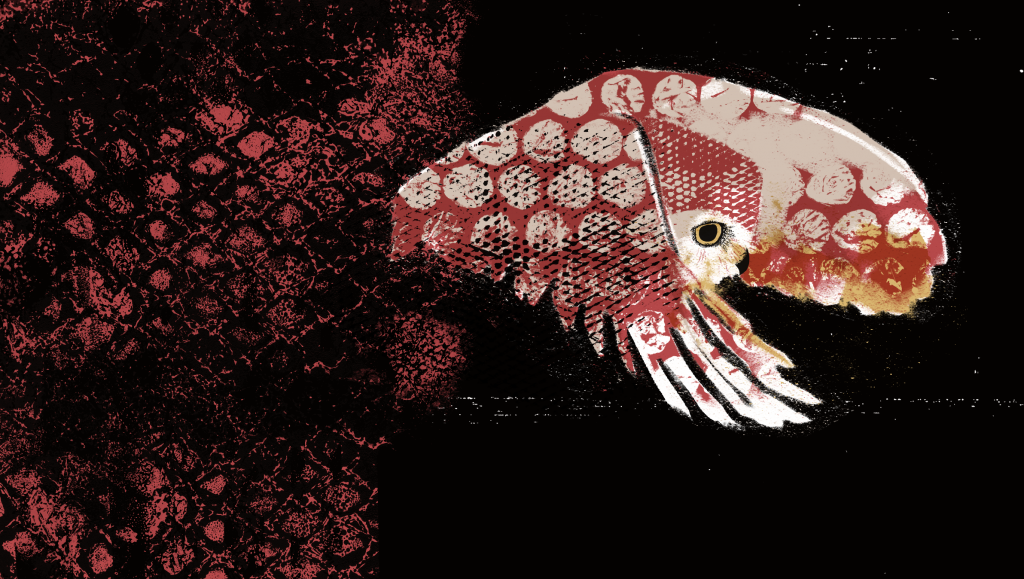There is overwhelming evidence that the use of chemical fertilizers and pesticides contributes to soil contamination, which affects both biodiversity and human health. With increasing knowledge about the harmful effects of chemical use, there is a realization that chemical-free farming practices have to be adopted. An initiative in this direction has been taken by the Kerala State Biodiversity Board (KSBB), which instituted an Organic Farming Policy that came into force in 2010. This policy, which will be implemented by the Kerala State Government, recommends phasing out the use of chemicals and pesticides on food crops by 2015, and on cash crops by 2020.
In a move to demonstrate the practicality of this proposition, the KSBB initiated an experiment in Padetti village, Aremayur Panchayat, Palakkad District in 2008 with the cooperation of 69 farmers. Under this pilot project, farms spread over 400 acres were considered for organic farming. A 100-acre area within this was targeted for organic cultivation after taking into consideration the topography of the land and ensuring that this area was free from pesticide run-off from neighbouring farms. Prior to the start of the project studies were commissioned from various institutions to assess bio-diversity (birds: Thanal, benthic fauna: Cochin University, botany: Guruvayurappan College, insects: Entomology Department, Devagiri College, pesticide content: Salim Ali Centre for Ornithology and Natural History, and socioeconomics: River Research Centre) at the project site. At the time of the project was initiated, the price of paddy grown by conventional methods was Rs 11/kg, and the cost of farming was Rs 8.23/kg of rice.
Since the start of the project, only organic fertilizers and no chemical fertilizers have been used on the 100 acre area. Organic farming experts from Kudumbam, Trichy, trained farmers through all stages of the farming process. Though the yield of paddy was low in the first two harvests and did not return profits, the third harvest equalled the pre-organic production, and yield in the fourth harvest was higher than that with chemical farming. Paddy is now worth Rs 14/kg and the cost of production has come down to Rs 6.45/ kg, resulting in increased profits for the farmers. It was also observed that biodiversity increased in terms of abundance and diversity. For instance, the Baya weaverbird, which has not been sighted in the farmlands for 40 years, is now a regular along with black drongos, bee-eaters, and kingfishers.
Besides encouraging a chemical-free approach, the KSBB has initiated a Homestead Biodiversity Enhancement Program. The program encourages cultivation of vegetable gardens and fruit trees, water harvesting, use of biogas to reduce fuelwood consumption, and solar power for electricity. A dairy is also proposed, and this program seeks to make the area a sustainable, self-sufficient and eco-friendly unit. The ultimate goal of the joint effort of the KSBB and Kerala State Government– the Organic Kerala Mission–is to expand organic farming to 40,000 acres of land in the state of Kerala.





